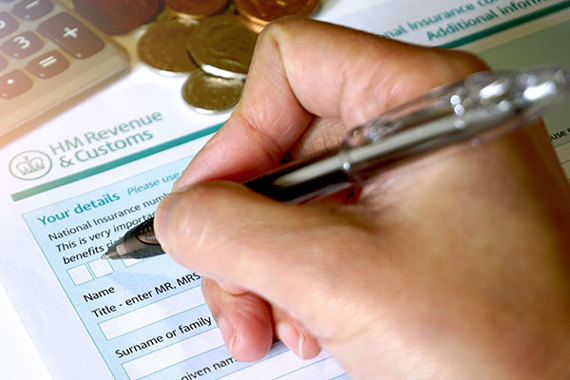Back to Basics: Taxes as a Director

When you set up a new company, there are certain business taxes you’ll be liable for as a business. But have you also planned for the personal taxes you must pay as a director?
As a company director, it’s not just the company’s corporation tax that you have to pay. You also need to pay the requisite taxes on your own income. This might be dividends payments from the company’s year-end profits, or even the income you receive from any property, shares or investments (link to the Back to Tax Basics: Capital Gains Tax for Directors page) you own.
Knowing which personal taxes to plan for
A fundamental distinction to understand is the difference between company assets/profits and your own personal money.
Money that’s been generated by your company will sit in your business bank account and can be seen as the cash assets of your business. But, as a director, this is not your money. It’s the company’s money. This cash only becomes yours once it’s been paid to you, either as a dividend, a loan or via a salary paid through the company’s payroll.
HM Revenue & Customs (HMRC) will charge the company corporation tax on the company’s earnings. But HMRC will also need to charge you income tax on the cash you’ve been paid as a director – and this means planning for these tax costs as part of your wealth management strategy.
As a director, you’ll need to plan for:
- Self-assessment income tax – self-assessment is the way that directors and self-employed people pay their income tax and National Insurance contributions (NICs). In addition to any tax and NIC collected monthly via PAYE as part of your normal payroll, with self-assessment, you must complete an annual personal tax return and submit this to HMRC. You then have to pay two ‘on account’ payments of tax and NICs.
- Paying your self-assessment tax – paying your self-assessment tax bill is generally done by making two payments on account – one by the 31 January in the relevant tax year and one by the 31 July following the end of the tax year. If needed, a final 'top up' payment may be required at the end of January, following the end of the tax year. Through this system, not only does the company pay tax on its profits, but you also pay income tax when you take any of the remaining after-tax profits out of the business as dividends.
- PAYE income tax – if you pay yourself a salary through the company’s payroll, this income will be taxed at source via the pay-as-you-earn (PAYE) system. The PAYE system will deduct your income tax and National Insurance (NI) contributions via your in-house payroll and this will then be paid directly to HMRC. This income will need to be accounted for in your self-assessment tax return, but you’ve already paid the income tax that is due on this salaried income.
- Capital gains tax – capital gains tax (CGT) (link to the Back to Tax Basics: Capital Gains Tax for Directors page) is a tax you pay on ‘gains’ you’ve made during the tax year. CGT is paid on the profit you make when you sell (or ‘dispose of’) something (an ‘asset’) that’s increased in value. So, for example, if you sold your business at a profit, you’d be liable for any gain (increase in value) that you’d made on selling the company. The rate of CGT that you pay will depend on your own income tax band and the nature of the gain that you’ve made. Reliefs are available, including the new Business Asset Disposal Relief.
Learn more about the basics of directors’ personal tax
If you’d like to have a chat about your self-assessment or capital gains liabilities, please do contact us. The earlier you plan for these taxes, the more you can mitigate their impact.
Get in touch if you have any questions about tax.

